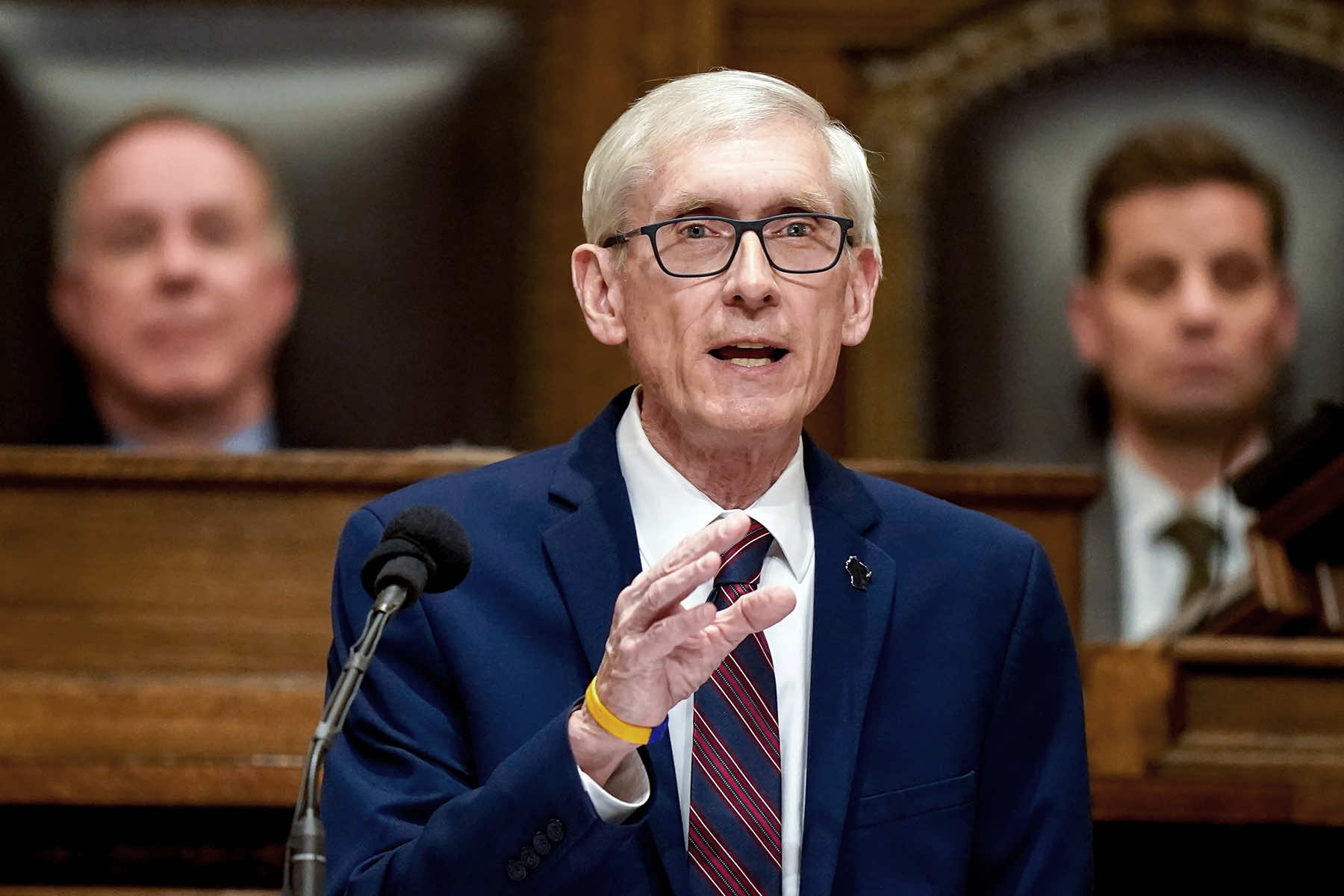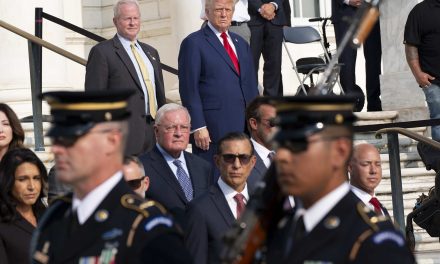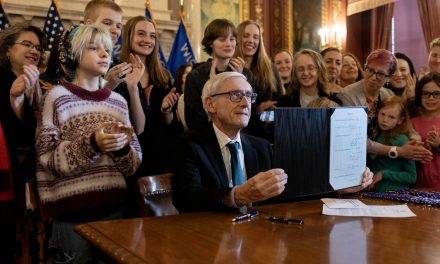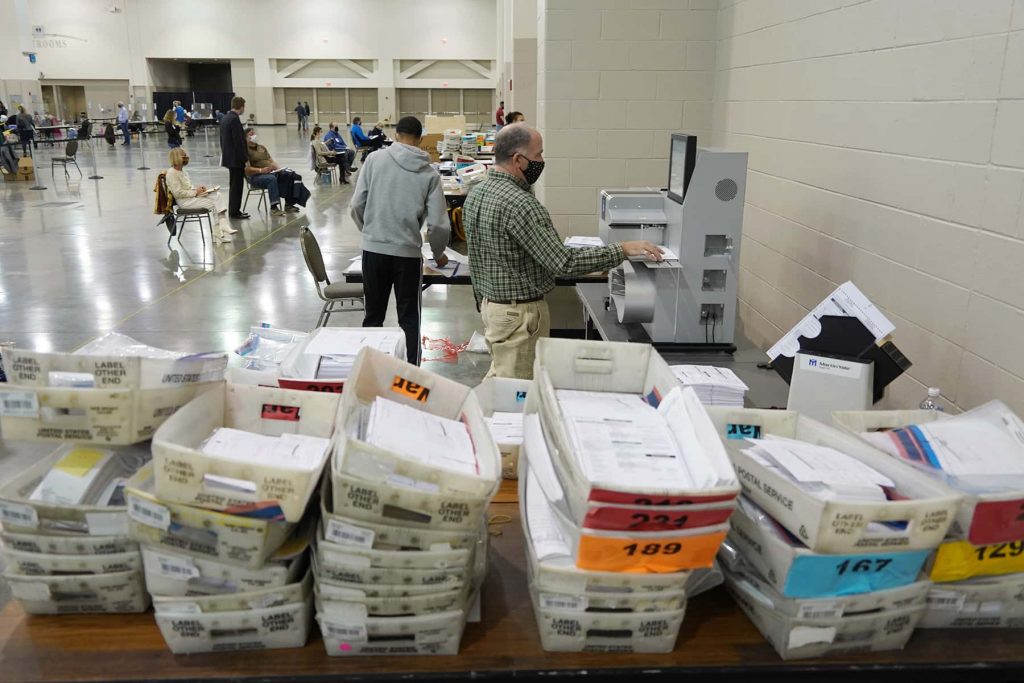
The Republican-controlled Wisconsin Assembly passed a nearly $3 billion income tax cut proposal on September 12, despite promises from Democratic Governor Tony Evers to veto it.
The heavily gerrymandered Assembly passed it 64-35 with all Republicans in support and Democrats against. Republicans claimed the measure was designed to combat inflation and make more Wisconsin retirees stay in the state.
Democrats echoed Governor Evers in saying they did not think the tax cut was sustainable and efforts should instead focus in other areas, like making child care more affordable and tax cuts more targeted to the middle class.
Governor Evers has said he was open to reconsidering cutting taxes if Republicans would look at funding some of his priorities. Evers called a special session for the Legislature next week to spend more than $1 billion for child care, the University of Wisconsin System, worker shortage programs and other areas.
“I’m not going to sign an irresponsible Republican tax cut that jeopardizes our state’s financial stability well into the future and the investments we need to be making today to address the real, pressing challenges facing our state,” Governor Evers said last week.
The Governor’s budget director has warned that cutting taxes more than $432 million over the next two years could jeopardize about $2.5 billion in federal pandemic relief money the state has received.
Britt Cudaback, a spokesman for Governor Evers, said in June that the governor “believes that when we deliver tax relief, it should be real, responsible, and targeted to the middle class.”
“The GOP is doubling down on tax breaks for wealthy millionaires and billionaires instead of prioritizing relief for working families,” Cudaback said.
Because Republicans have dominated Wisconsin’s legislature by altering voting maps, they can afford to ignore the will of the voters. As such, Republican Representative Mark Born dismissed any concern about how the tax cut could impact middle-class families.
The Assembly does not have enough Republican votes to override a veto. If that happens as promised, Katsma said Republicans would then look at other options. The tax cut bill now heads to the Senate.
The Assembly also voted 63-35 on September 12 to approve a constitutional amendment making it harder to raise taxes. Evers would not be able to stop the constitutional amendment, which ultimately would require voter approval. Under the proposed amendment, a two-thirds supermajority vote in the Legislature would be required in order to raise taxes.
Additionally, the Assembly approved another constitutional amendment on a 63-35 vote that attacked the governor’s power, seeking to weaken it by requiring the Legislature to sign off on spending federal funds. The governor has the discretion to spend it without legislative approval.
In his first term, Governor Evers was responsible for distributing billions in lifesaving federal COVID-19 relief funds.
Proposed constitutional amendments must pass two consecutive sessions of the Legislature and be approved by voters before taking effect. Requiring a two-thirds majority for raising taxes is being considered for the first time.
The one requiring legislative sign-off on spending federal money passed last session. Both amendments go next to the state Senate. Evers has no say in the adoption of constitutional amendments.














